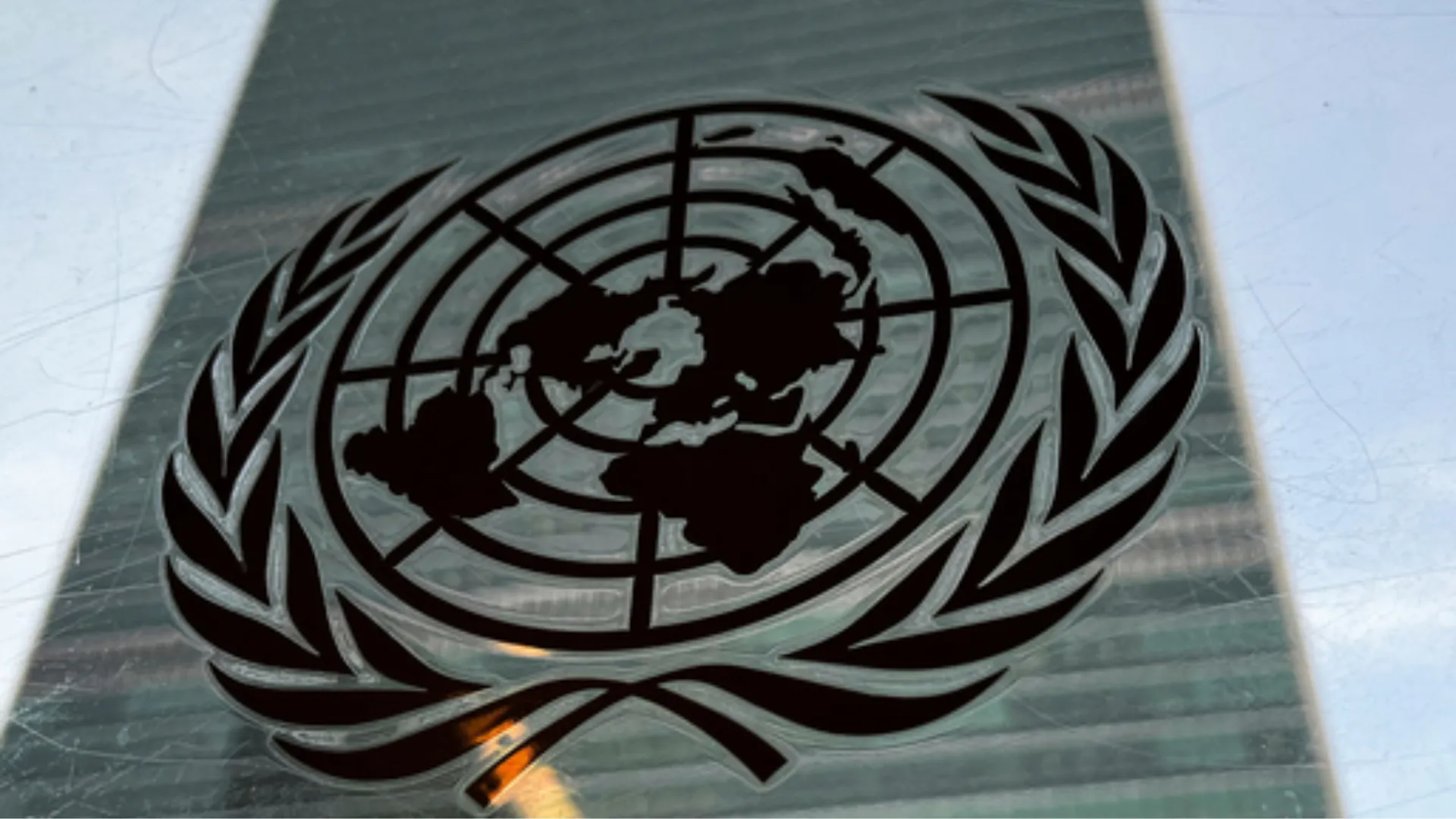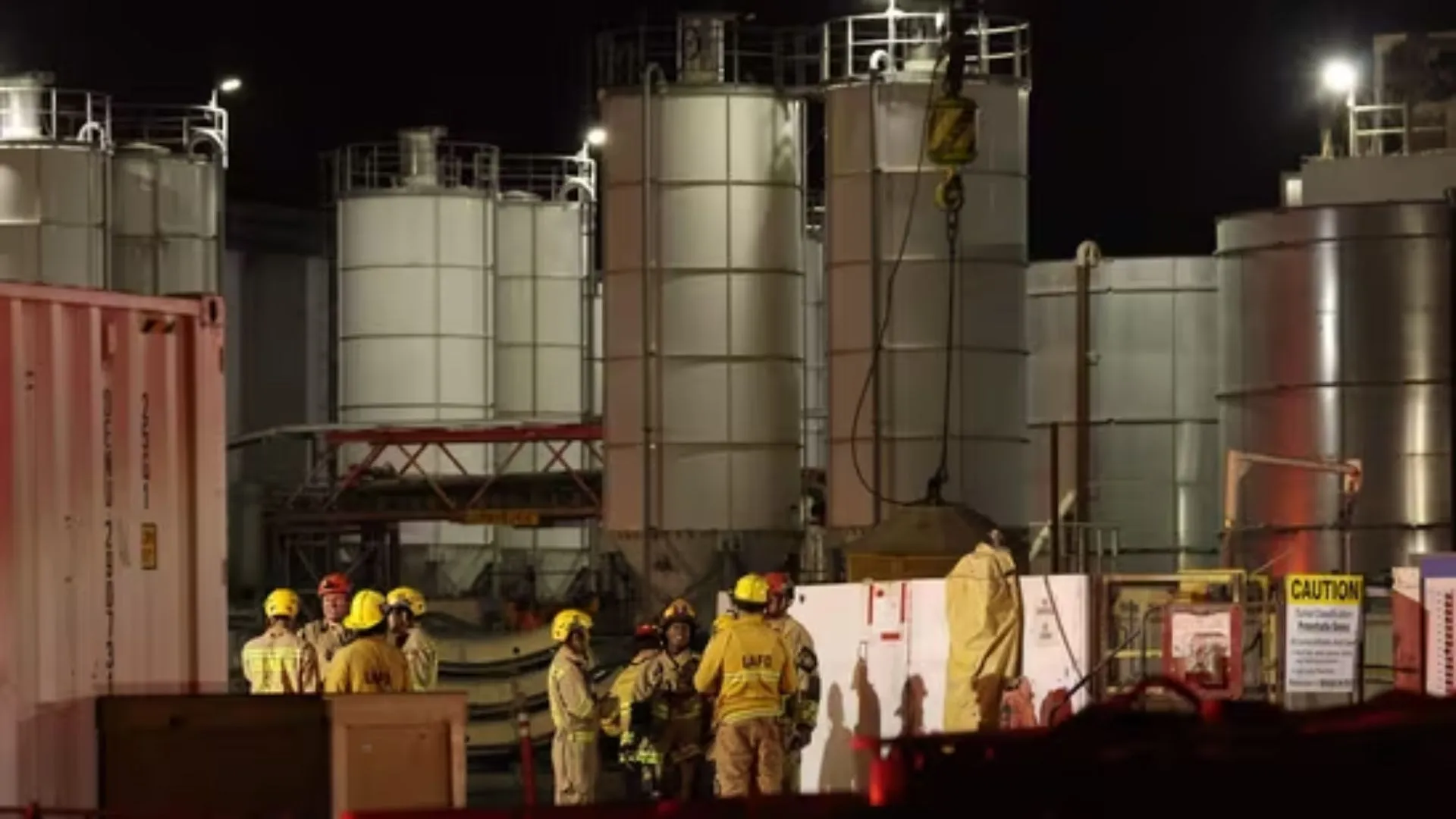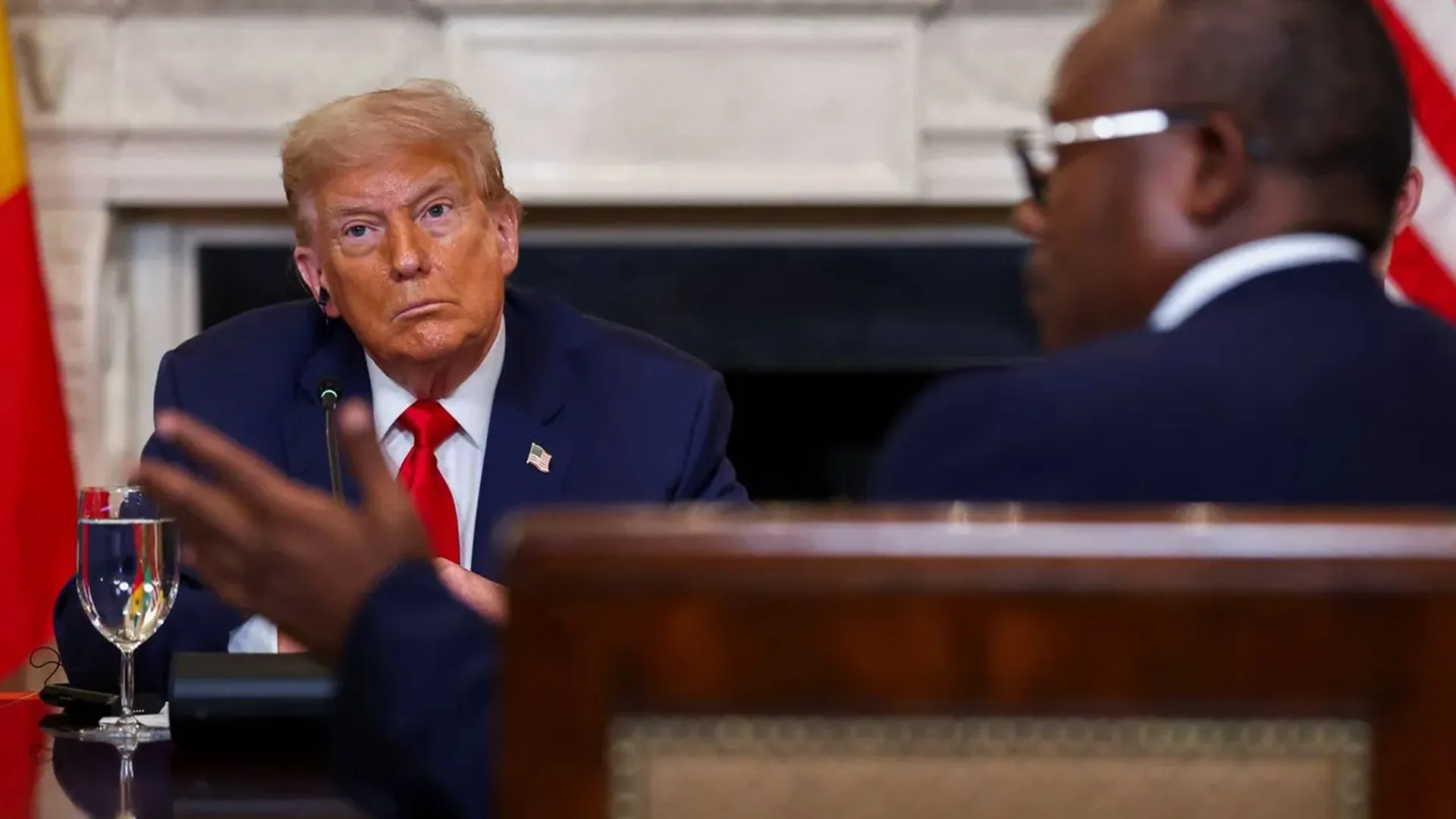The enormous system of the United Nations has addressed everything from handing out life-saving humanitarian assistance to offering vital peacekeeping missions in war-torn regions since its creation in the aftermath of World War II.
With the international organization nearing 80 years of age, doubts regarding its relevancy and effectiveness have grown sharper from critics and advocates alike. Recent foreign assistance reductions by the U.S. and the recalculation of humanitarian contributions by other nations have brought the U.N. to task.
It has long attempted to emphasize its singular function as the confluence of world leaders, with a grand mandate to avoid another global war.
United Nations Working Quietly Across 150+ Countries
Staffers do not claim, however, that the U.N. does nothing but answer to civilians’ needs on battlefields and argue over resolutions within the Security Council.
“The things that are not on the radar of anyone, that nobody sees every day, that’s what we do everywhere, in more than 150 countries,” said Diene Keita, executive director for programs at the U.N.’s population agency.
1. Empowering Survivors of Gender-Based Violence in Chad
U.N. agencies sponsor programs around the globe aimed at women, connected to education, financial literacy, job opportunities and more. Among the most delicate services offered are those for gender-based violence victims.
In Chad, the U.N. Population Fund has a number of programs to rehabilitate women and girls who have endured that trauma. Halima Yakoy Adam was one of them: At 15, she was abducted to a Boko Haram training camp in Nigeria, where she and a handful of other girls were compelled to be suicide bombers. Adam escaped with grave injuries; the others were killed in explosions.
Through U.N. activities on Lake Chad islands, Adam benefited from health and reproductive care as well as vocational training. She is currently a paralegal in her community helping other women and girls.
“We are not created to stay,” Keita said of U.N. agencies’ long-term presence. “So this is embedded in what we do every single day. We have that humility in knowing that we make a difference, so that people do not need us the next day.”
2. Helping Refugees Rebuild Lives in Mexico
Photos of refugees along U.S. and European borders depict the migration crisis globally. Less noticed are refugees resettled in communities beyond American and European cities that mirror their homelands and cultural backgrounds.
Since 2016, the U.N. refugee agency has assisted in integrating over 50,000 refugees and asylum-seekers in Mexico. They entered southern Mexico and were resettled to industrial cities upon being vetted and granted asylum by the government.
The U.N. High Commissioner for Refugees transports, orients and provides access to healthcare, education and other social services. Over 650 firms have committed themselves to training and hiring these individuals, whose work has generated a $15 million contribution annually to the Mexican economy, according to the U.N.
By U.N. estimates, 94% of these working-age refugees found formal employment within a month of arriving in the country and close to 90% of school-age children enrolled in school. The U.N. program also offers what staffers characterize as clear routes to Mexican citizenship.
“Mexico has become a country where people forced to flee can find the stability they need to restart their lives with dignity,” Giovanni Lepri, the top U.N. refugee agency official in Mexico, said in March. “A strong asylum system and legal framework allows an effective integration of asylum-seekers and refugees.”
3.Clearing Land Mines in Post-Conflict Regions
U.N. agencies are deployed across the length and breadth of different stages of war, from distributing food, water and medicines in an active war zone to the legendary “Blue Helmets” the military troops sent to assist nations to exit from conflict.
There is less spotlight on what is done after the dust settles. One of those efforts, the United Nations Mine Action Service, was founded in 1997 to enable projects designed to reduce the danger of unexploded ordnance in nations years and sometimes decades after conflict. The U.N. estimates that on average a person is killed or wounded by land mines and other explosive ordnance every hour.
It was in January when a 21-year-old Syrian man was picking olives in a Syrian orchard with two friends when they saw a clear mine on the ground. Their panic led them to attempt to leave, but while one of them stepped on a land mine, it exploded and chopped off one of his legs above the knee.
A month earlier, in Cambodia, a rocket-propelled grenade that was reportedly over 25 years old exploded near the homes of two toddlers, killing them.
The U.N. program hopes to collaborate with communities in Syria, Afghanistan and Nigeria to safely identify and extract the remnants of war and offer educational and threat assessments. Since its start, the U.N. reports over 55 million land mines have been removed and more than 30 nations have been mine-free.
4.Teaching Self-Defense to Girls in Kenya Refugee Camp
At a refugee camp in northwest Kenya, dozens of young women between the ages of 12 and 18 have met every Saturday at a women’s empowerment center to learn self-defense in the form of a Taekwondo class.
The program, initiated by the U.N.’s Population Fund last year, has centered on offering an escape for girls who have become victims of gender-based violence or are vulnerable to it after leaving war-torn regions in nations such as South Sudan, Ethiopia and Congo.
The trainers are natives who are well aware of the cultural and political forces their pupils encounter while growing up in a camp inhabited by about 300,000 refugees.
The objective is to employ sporting activities to provide a safe environment for girls and women to talk about different topics such as period poverty, domestic conflict and abuse. The project, which the U.N. has copied in Egypt and other places, aims at funding by the Olympic Refuge Foundation.
5.Opening Sex Education Dialogues with Monks and Nuns in Bhutan
Sex and reproductive issues were taboo topics in Buddhist societies for centuries. U.N. officials have been spending the last decade meeting with religious officials in Bhutan and other Asian countries trying to “desensitize” them about the issues they think are essential to a healthy society.
The initiative has spurred over 1,500 nuns from 26 nunneries to engage community members in discussions regarding sexual and reproductive health and gender-based violence prevention.
At least 50 monks are now trained to offer counseling services on the issues to students throughout Bhutan’s 20 districts. The U.N. reports that these alliances, initiated in 2014, have helped to reduce maternal deaths, increase the use of contraception, and improve reproductive care for expectant women.






















